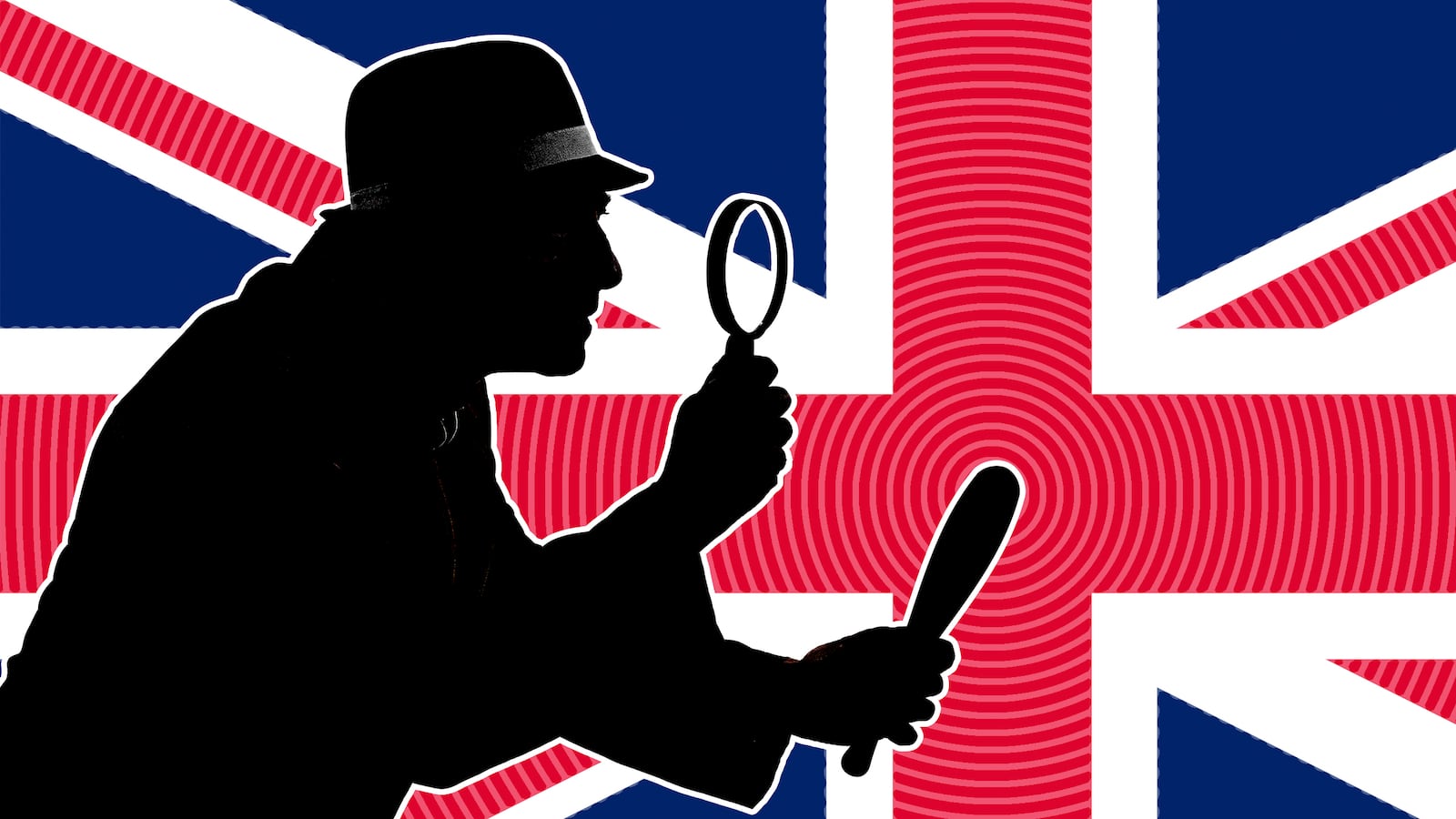Imagine you’re an undercover police operative. You’ve spent the last year infiltrating a protest group, using a false identity to forge relationships with people you know you are going to end up betraying, doing things no ordinary copper would ever do. Now, with your operation over, you find yourself back in the real world. Struggling with the shock of this change, you turn to the manual you were given when you agreed to become an undercover agent. Maybe there you will read words that will comfort and nourish you. Maybe there you will find the hard won cop wisdom of the ages.
You flip to the part of the document that deals with life after an operation and are told to “ask yourself the following questions”:
Q: Why does my suit not fit? A: Because you are fat
Q: Why do I have to get up at 7.30am everyday? A: Because they will stop paying you if you don’t
Q: Why do I have to get off the tube with the rest of the lemmings? A: Because they took your van off you
Q: Why am I poor? A: Because you’ve got used to spending dosh which you no longer have.
This advice is not fictional. Earlier this summer, following a number of Freedom of Information requests, London’s Metropolitan Police released the Special Demonstration Squad’s (SDS) “Tradecraft Manual” (PDF), a 60-page document given to undercover police. Those expecting the lid to be lifted fully on the now defunct unit’s controversial activities—at least one of its operatives, Bob Lambert, fathered a child with a woman who had no idea who he really was—might have looked at the pages and pages of blacked out text and concluded that the heavily redacted report has nothing to tell us about the world of undercover policing.
They’d be wrong, though, because, dotted around the report like small islands amidst an impenetrable sea, are chunks of text that give a sometimes funny, often macabre insight into what it was like to be part of the SDS. The above Q&A is just one example of a manual that ranges from the sincere to the darkly jovial to the simply dark.
The operative, who must acquire a new identity for his work, is advised that, “The Frederick Forsyth novel The Day of the Jackal explained how to acquire documents in the name of a dead person”. I got in touch with Forsyth, who told me that, “The idea of the dead baby who never had a passport, and substitution by the fraudster, was given to me in 1970 by a professional forger of identities”. All you had to do was find a baby who had died but would now be around your age had he or she lived, acquire his or her birth certificate, and apply for a passport with it. “I had no idea it would be taken up by rogues far and wide—the KGB used it for their agents”, Forsyth says. “Names are no longer obtained from the death register at St Catherine’s House”, the tradecraft manual warns bluntly.
When I ask Frederick Forsyth if he’s surprised to find his work cited in a training manual he says, “not really. That book has been accused of assisting all sorts of skulduggery. Agatha Christie described multi-fold murders but was never accused of facilitating them”. An agent today would have to use different methods though. Science has finally caught up with the Jackal. “If the fuzz [police] want to advise their undercover agents to follow Jackal they are too late”, says the Jackal’s creator. “Anyway, don’t they have their own department for undetectable but phoney documentation”?
A good question and one that Forsyth probably knows the answer to. Though he may never have worked with British police forces, his forthcoming memoir, The Outsider: My Life in Intrigue, reveals that he was an MI6 agent for more than 20 years. He began passing information to the intelligence agency as a freelance journalist covering the Nigeria-Biafra war in the late 1960s and continued to help “the Firm” after that. In return, MI6 would help him with the authenticity of his fiction.
If the SDS manual openly encourages its readers to consult a thriller for guidance at the beginning of an operation, then it moves into the territory of romantic melodrama once the operation is underway: “You should have fleeting, disastrous relationships with individuals who are not important to your sources”, the agent is advised. The text that surrounds this sentence is redacted so the reasoning for this counsel remains mysterious. Perhaps sex is seen as a necessary comfort in times of stress, perhaps having relationships with fringe members of protest groups is seen as a good way of establishing that you’re for real. Either way, from what we now know about the SDS, it seems safe to say that this guidance was taken up most wholeheartedly.
Once the agent has returned to their desk job, much of the advice has a melancholy air to it: “Overall you will have a slight feeling of detachment. You are no longer in charge of your working life… outside will also have moved on, so your old list of contacts is likely to be seriously out of date”.
The blokey jocularity of the, “Because you are fat” Q&A gives way to an entirely sincere passage on post-traumatic stress disorder, as if a court-appointed mental health worker has taken over the authorship of the manual from a half-drunk sergeant. Feeling like you’re part of a gang of no nonsense coppers is all well and good, but the manual is obliged to get serious. Agents will often suffer “emotional problems ranging from alcoholism to depression” and because of this, it is “imperative that officers seek help if they have difficulties post-tour”.
In the end, the manual says, the problems you face will have been faced by other agents in the past. Consult them and you will find some comfort. At large in a world that does not understand you or what you have done, you must turn to the only other people who have a chance of understanding you: your fellow undercover agents. In the darkness and humor of the report there is an underlying loneliness. One question remains though. If they left all this in, what the hell did they redact?






